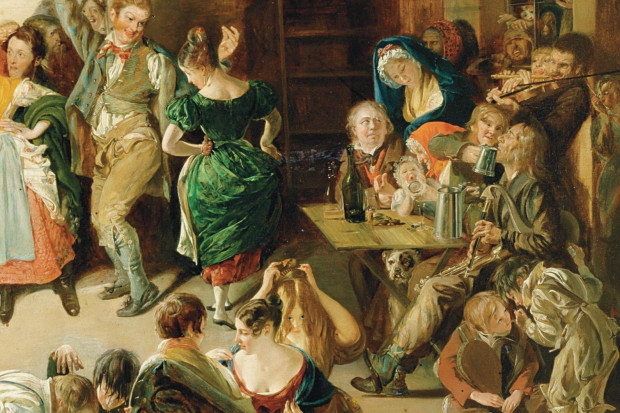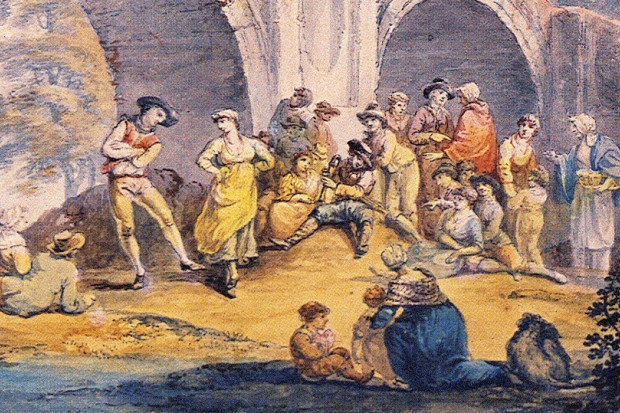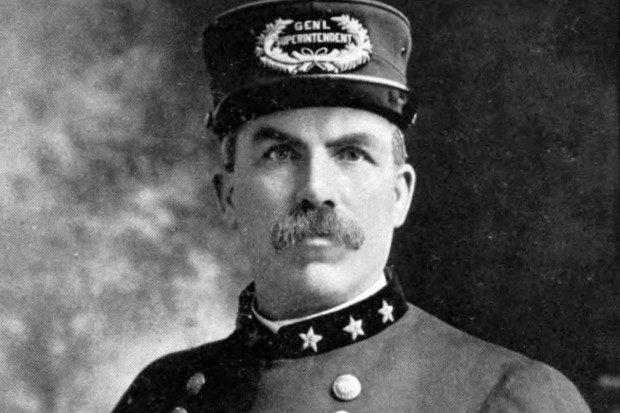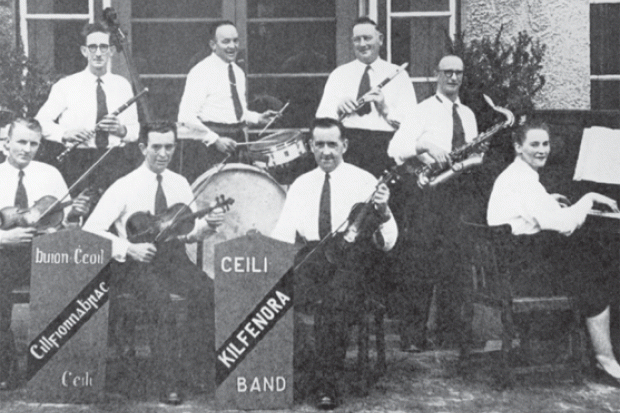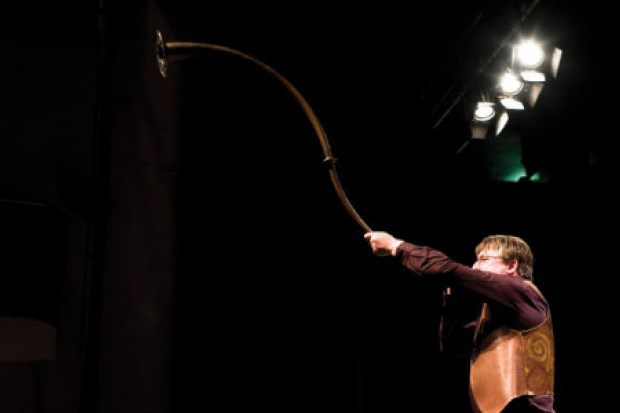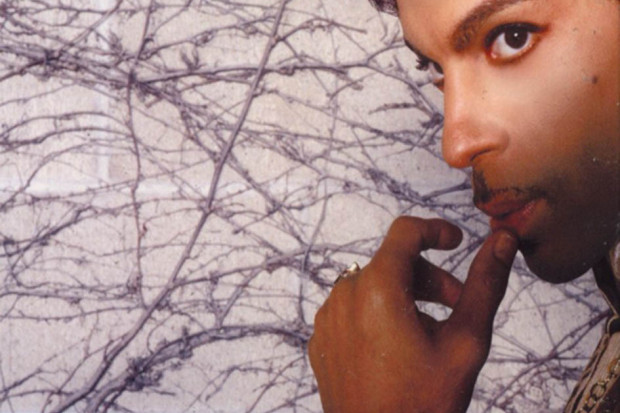
Letters: Music and Nationalism
Dear Editor,
Fintan Vallely is quite right to regard The Keeper’s Recital as an important contribution to recent writing on music in Ireland. As Valley points out, it has stimulated much discussion, and if this is a measure of success, then it has undoubtedly been successful. Harry White has made a bold attempt to stake out what is virtually unknown territory; and even if one suspects that it will prove necessary in time to move many of the stakes he has put down as more detailed research is carried out, the value of his book is indisputable. With this view I can wholeheartedly concur. This is the only matter raised in his recent letter to these pages on which I find myself in agreement with Vallely, however.
Vallely expresses the opinion that pieces like my recent article on Irish music are too taxing for most readers, who will be tempted to skim-read. Unfortunately, Vallely himself appears to have succumbed to this temptation, since he is evidently labouring under the mistaken impression that the article in question was a review of The Keeper’s Recital. It is impossible for any writer to take readers of this kind into account. He also takes exception to its length and makes the rather surprising suggestion that long books reviews are ‘unfair’ and place ‘the ego of the reviewer centre stage’. With regard to Valley’s strictures concerning long reviews, it is surely unnecessary to point out that in serious publications the length of a book review usually reflects the importance or significance of the book under discussion. Valley can confirm this for himself by glancing at a periodical like the London Review of Books. In Ireland, the appearance of a new book on music is such a rarity that allotting generous space to a review is, in most cases, completely justified. It is also somewhat ironic in this context that one of the central themes of Harry White’s writing is the dearth of serious discourse about music in Ireland. Accordingly, the editor of the JMI surely deserves commendation rather than censure for his willingness to print substantial pieces about Irish music – and not just by me, but by several other writers too.
The most questionable aspects of Vallely’s letter, however, have to do with his views on the nature of professional scholarship. The implications of these are disturbing. Basic factual accuracy is unimportant and irrelevant, it seems. Judicious sifting of evidence is a waste of time, as are attempts to persuade through reasoned argument. Unexamined assumptions and preconceptions can blithely be substituted for research. Serious discussions on any subject are pointless, since nobody bothers to read them, and even if they do, they are unlikely to alter their views.
Apart from showing an astonishing intellectual complacency, these views reveal an understanding of scholarly activity that is trivial and irresponsible. Vallely evidently regards any attempt to establish facts and present them in a responsible manner with impatience and disdain. He certainly appears to have a rather peculiar understanding of the word ‘objective’, when he claims that White is ‘objectively right’ in his view of Douglas Hyde. It is very difficult to imagine any reputable historian accepting mere hearsay or some vague notion of a ‘popular assumption […] collectively shaped from historical knowledge’ (whatever this is supposed to mean) as a substitute for serious enquiry or disciplined investigation. ‘Objectivity’ clearly consists of willingness to entertain any fantastic notion, even if based on crude misunderstanding, ignorance or prejudice. Vallely need hardly be reminded that precisely such ‘popular assumptions’ about Jews and other minorities led to their mass extermination in the concentration camps during the Second World War. Notions like these surely constitute the subject of scholarly enquiry – not its substance, and views such as Vallely’s, if taken seriously, make a mockery of any responsible pursuit of knowledge.
Patrick Zuk
Cork
You can find the original article here.
Published on 1 January 2004












